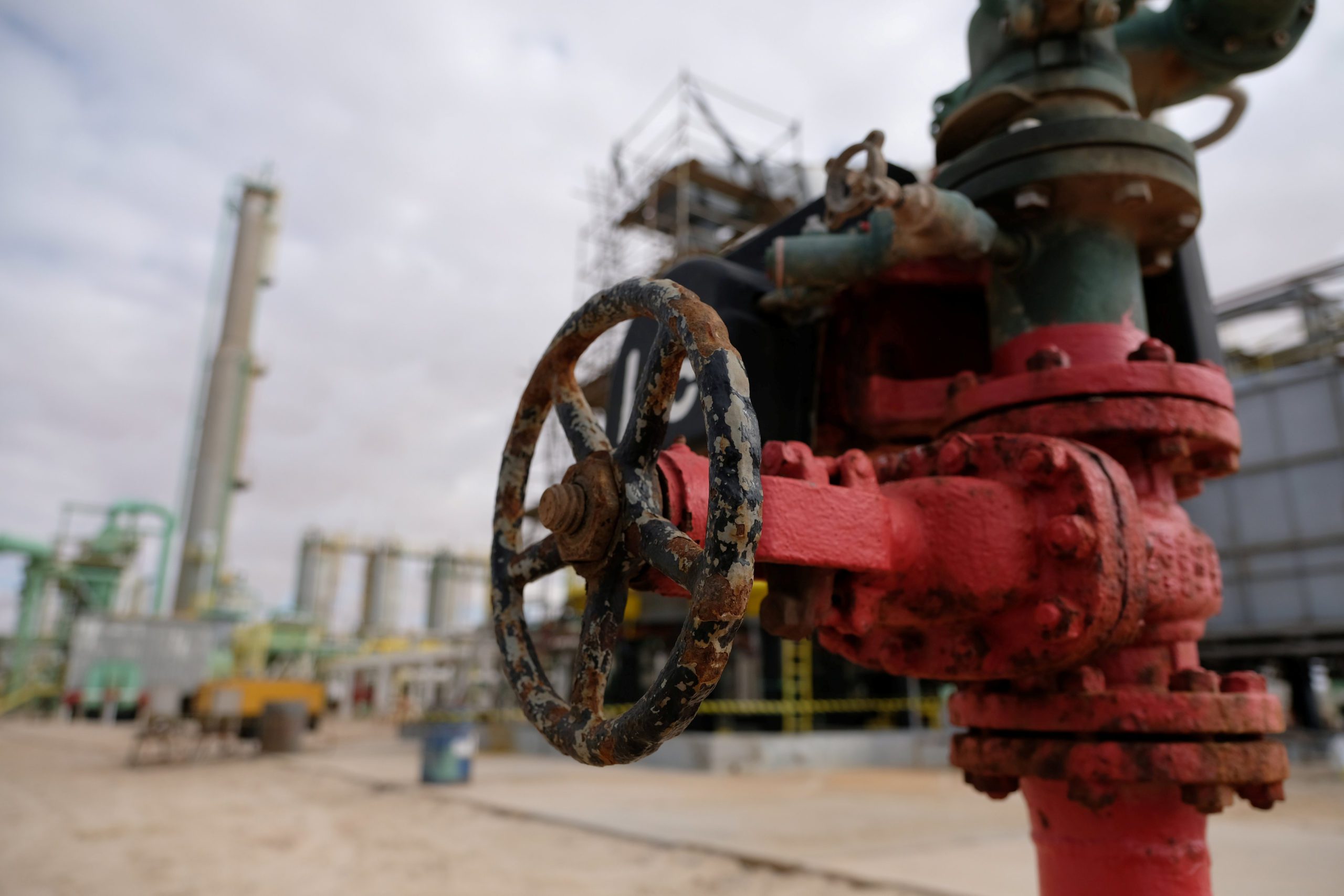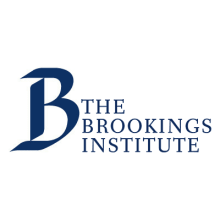
OPEC forecasts 2022 return to pre-pandemic oil demand and DRC introduces cobalt price floor
On Thursday, the Organization of the Petroleum Exporting Countries (OPEC) announced it anticipates that global oil demand will return to pre-pandemic levels in 2022, a move that will affect oil-rich African OPEC members Algeria, Angola, Equatorial Guinea, Gabon, Libya, Nigeria, and the Republic of the Congo. Hinging on expectations of COVID-19 containment and ensuing global economic growth, OPEC forecasts daily demand for oil will exceed 100 million barrels per day (mbpd) next year. This rising demand reflects a sharp reversal from pandemic levels of global oil demand, which sank to approximately 91 mbpd in 2020 from the 2019 peak of nearly 100 mbpd. Facing low global gas prices, OPEC and its allies, known as OPEC+, instituted coordinated supply cuts that have raised the price of oil more than 40 percent this year. Yet, with optimistic forecasts of rising demand on the horizon, OPEC+ agreed to gradually ease their output cuts.
In other news, this week the Democratic Republic of Congo (DRC) announced that the state-run Entreprise Generale du Cobalt, which buys and resells cobalt from artisanal miners, will place a price floor on the commodity of $30,000 per ton. Undercutting the market price, which is currently set at approximately $50,000 per ton, the DRC is expecting to augment government revenue by tapping into the mostly informal sector and cutting out its unregulated middlemen. The DRC currently produces more than 70 percent of the world’s cobalt, an important metal whose demand is set to double by 2030 due to its use in batteries for electric cars.
Rwanda deploys troops to Mozambique, conflict continues in Tigray, and South Africa sends troops to contain riots and protests
On July 9, Rwanda’s defense ministry announced in a statement that it has begun to deploy 1,000 soldiers to Mozambique in order to “restore Mozambican state authority by conducting combat and security operations, as well as stabilisation and security-sector reform.” The deployment is meant to deal with an insurgency in Cabo Delgado that began in 2017 and has since led to more than 2,500 deaths and 800,000 displaced civilians. However, the operation has drawn concern from the Southern Africa Development Community (SADC) over the deployment of troops without the organization’s approval – particularly since SADC had also sent troops to the region as of July 15. Rwanda is not an SADC member but has agreed to aid Mozambique’s government in part due to a memorandum the two countries signed in 2018. The European Union has also agreed to set up a two-year mission in Mozambique to train and support Mozambican armed forces in Cabo Delgado.
Meanwhile, conflict in Ethiopia’s Tigray region continue as the government accuses humanitarian aid groups of arming the Tigray fighters. Ethiopia’s government has also denied restricting aid to Tigray, which remains inaccessible to most aid groups that supply much-needed food and water to the embattled region. The worsening humanitarian situation has put over 400,000 people in famine conditions, mostly women and children. Earlier this week, Tigray leaders rejected a cease-fire announced by Ethiopia’s government, renewing fighting in the south and west regions of Tigray. The U.N. Human Rights Council announced a resolution on Tuesday calling for an immediate halt to all human rights violations and the withdrawal of Eritrean troops from the region.
Turning elsewhere on the continent, on Thursday, the South African government deployed 25,000 soldiers to deal with violence and riots that followed the imprisonment of former President Jacob Zuma. The riots, mainly carried out in major South African cities like Johannesburg and Pretoria, have led to more than 117 deaths and 2,000 arrests. Meanwhile, in Nigeria, 140 students were kidnapped from a boarding school in the northwestern state of Kaduna on Monday, bringing the total number of students that have been kidnapped since last December to nearly 1,000. The recent mass kidnappings have led to the closure of 13 schools that the Kaduna State Schools Quality Assurance Authority determined to be most vulnerable to future attack.
Agencies sign tech-transfer deal for antigen rapid test as COVID-19’s third wave hits Africa
On July 15, FIND, the global alliance for diagnostics, and Unitaid announced two new deals that have the potential to expand Africa’s capacity to manufacture diagnostic tests, including those used to detect COVID-19. Beginning in early 2022, Senegal will produce antigen rapid tests for diagnosing COVID-19 following a new tech-transfer agreement. According to the agreement, South Korea’s Bionate and the United Kingdom’s Mologic will share production know-how with Senegal’s DIATROPIX. Housed at the Institute Pasteur de Dakar, DIATROPIX will aim to produce 2.5 million tests per month next year, assuming it can receive regulatory approval from the Senegalese government. In addition, South Africa’s Xixia Phramaceuticals (a subsidiary of drugmaker Viatris) has partnered with Chinese medical diagnostic company Guangzhou Wondfo Biotech to enable commercialization and distribution of rapid tests to low- and middle-income countries.
This announcement comes at a time when COVID-19 deaths in Africa have risen by 43 percent over the last week as the continent deals with its third wave of the virus. According to the World Health Organization (WHO), COVID-19 cases have risen for eight straight weeks in Africa. WHO attributes the recent rise in cases to inadequate vaccine supplies. Africa has vaccinated about 52 million people this year, with only 18 million of those people fully vaccinated, equating to just 1.5 percent of the continent’s population.
Of the continent’s 6 million confirmed cases, 1 million have been recorded over the past month, making this the fastest COVID-19 surge the continent has seen. Recently, Rwanda has put Kigali under total lockdown for 10 days effective July 17 to suppress a rapid rise in cases. The country has also banned nonessential movement in the districts of Gicumbi, Burera, Musanze, Kamonyi, Nyagatare, Rwamagana, Rubavu, and Rutsiro. Moreover, Tunisia is also struggling to cope with a recent jump in COVID-19 cases, recording its highest single-day coronavirus death toll at 157 on Tuesday.


